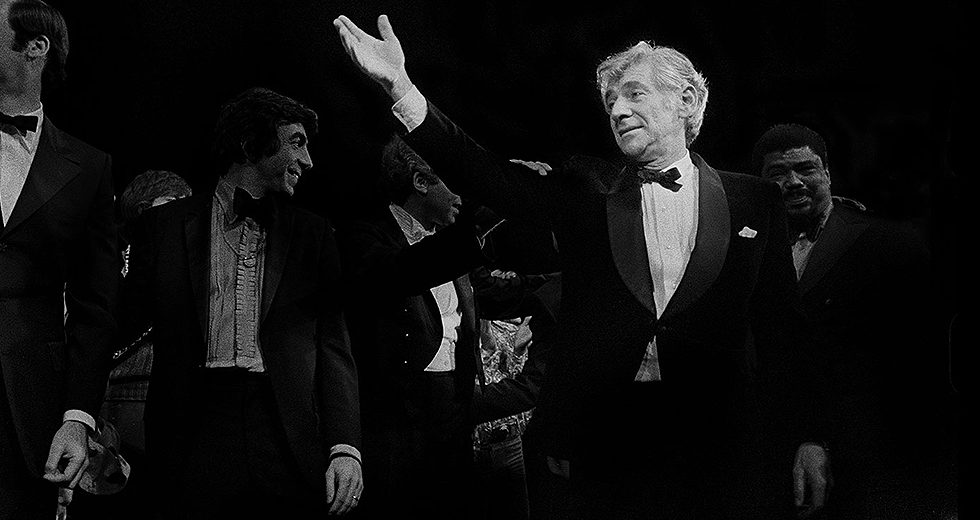
When Leonard Bernstein’s Mass was christened at the 1971 opening of the Kennedy Center in Washington, D.C., the work faced a negative onslaught from critics. Typical were Harold Schonberg’s dismissive comments in the New York Times: “It is the work of a musician who desperately wants to be with it.”
But in the nearly five decades since the piece’s premiere, the classical music world has become much more accustomed to the kind of stylistic cross-pollination typified by this work, and views have significantly changed about Bernstein the composer. Since his death in 1990, many of his compositions have found renewed attention and respect. Indeed, virtually everything he wrote is being heard in concerts worldwide celebrating the 100th anniversary of his birth.
This transformation of perceptions has been especially pronounced when it comes to Mass, the centerpiece of more than a dozen concerts paying tribute to Bernstein the conductor, composer, educator and social activist this summer at Ravinia. Marin Alsop, the festival’s first-ever artistic curator, calls it nothing less than one of the most important works of the 20th century.
“Bernstein was the greatest storyteller ever,” said Alsop, one of Bernstein’s last protégés and now music director of the Baltimore Symphony Orchestra. “Everybody loved it when he would start a story. And this [Mass] would be the ultimate story for Bernstein. This is a story with a huge moral. This is the search for truth, the search for the meaning in life.”
This rare performance of Mass — the first by either Ravinia or the Chicago Symphony Orchestra — will occur on July 28, with Alsop leading 275 singers and musicians, including the 100-voice adult choir Vocality, an onstage children’s chorus of 40 from Chicago Children’s Choir (another 50 will sing from the wings) and 50 members of the Highland Park High School Marching Band, along with a cast of two dozen as the Street Chorus and Altar Children — plus baritone Paulo Szot in the central role of the Celebrant. “The biggest challenge is just harnessing all those forces,” said director Kevin Newbury. “There are so many people involved. Just the sheer scale of it is a little overwhelming the first time you do it.”
But Newbury, who made his Lyric Opera of Chicago debut four years ago, has staged the work often enough that he barely has to consult the score anymore. He and Alsop worked together on Mass in 2008, when the Baltimore Symphony Orchestra and a group of collaborators performed it in that city, as well as at Carnegie Hall and the Kennedy Center, and recorded it for the Naxos label.
The world has changed a great deal since 1971, when Mass had its premiere, yet the United States faces many similar challenges, including political divisions and societal upheaval. “The message of community, of standing up for what you believe in about tolerance, about acceptance, about love, about mutual respect, all of these are very strong messages throughout Mass, and it brings together such a diverse cast of people, not just ethnically diverse but generationally diverse,” Alsop said.
“I think it is a very important message for the time we’re living in where we have to remember that tolerance is an important part of existence on this planet.”
This is an excerpt of an article published in the Ravinia magazine; to read the complete version, click here.
TOP: Leonard Bernstein acknowledges the crowd after the 1971 premiere of his Mass at the Kennedy Center. | Photo: Library of Congress